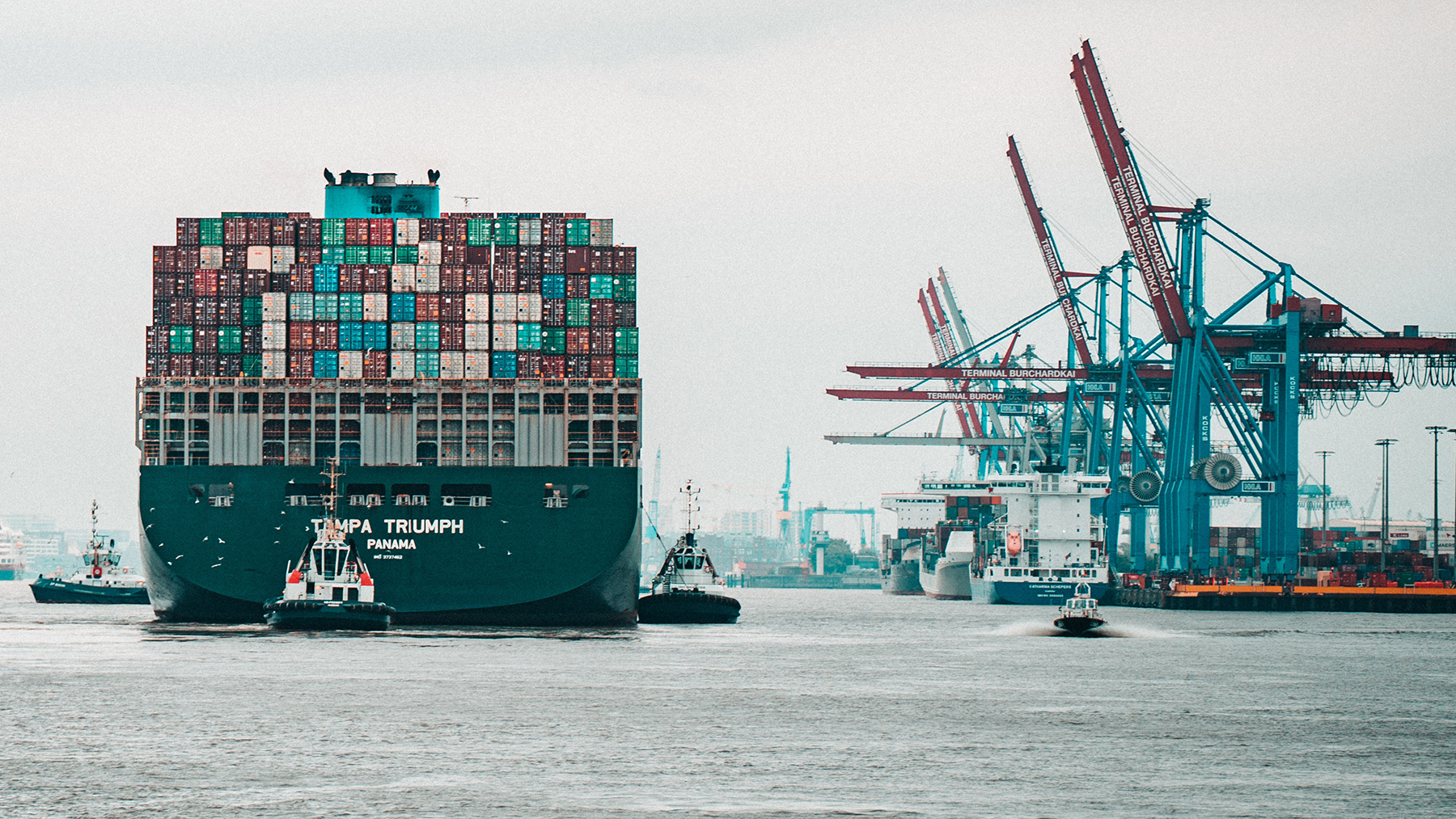On 18th December 2023, EU adopted a 12th sanctions package against Russia.
We refer to our previous sanctions updates which can be found here.
The final text of the package is expected to be published in the Official Journal of the EU within short. Notably, the package contains an obligation for EU exporters to insert a “No Russia clause” in contracts which contractually prohibits re-exportation to Russia and re-exportation for use in Russia of particularly sensitive goods and technology, when selling, supplying, transferring or exporting to a third country, with the exception of partner countries. Companies are recommended to take appropriate action to ensure compliance with this provision once the final regulation is published. The provision supplements a previously published list of critical goods in relation to which companies are expected to take appropriate steps to ensure goods are not re-exported to Russia.
The 12th package also includes the following:
Individuals and entities
- Addition of 61 individuals and 86 entities to EU’s asset freeze list which now comprises of 1,950 individuals and entities altogether
- Other restrictive measures will apply to additional economic actors including AlfaStrakhovanie Group, one of the biggest insurance companies in Russia, and Russian IT/telecom companies
- Addition of 29 new entities (of which some are in third countries) to the list of those directly supporting Russia’s military and industrial complex in its war of aggression against Ukraine. They will be subject to tighter export restrictions concerning dual use goods and technologies
- A ban on Russian nationals from owning, controlling or holding any posts on the governing bodies of the legal persons, entities or bodies providing crypto-asset wallet, account or custody services to Russian persons and residents
Export and import
- It is prohibited to directly or indirectly import, purchase or transfer diamonds from Russia. This prohibition applies to diamonds originating in Russia, diamonds exported from Russia, diamonds transiting Russia and Russian diamonds processed in third countries. Furthermore, an indirect import ban of Russian diamonds when processed (i.e. cut and/or polished) in third countries, including jewellery incorporating diamonds originating in Russia, will be phased in progressively from 1 March 2024 and be completed by 1 September 2024
- Additional products are subject to the export ban (e.g. chemicals, lithium batteries, thermostats, DC motors and servomotors for unmanned aerial vehicles (UAV), machine tools and machinery parts). Further products are also added to the import ban (e.g. such pig iron and spiegeleisen, copper wires, aluminium wires, foil, tubes and pipes and LPG)
- The transit ban that currently applies to dual use goods and technologies exported from the EU to third countries via the territory of Russia will be extended to all battlefield goods
- The existing prohibition on the provision of services will be extended to also include the provision of software for the management of enterprises and software for industrial design and manufacture
- Notification requirements are introduced for the transfer of funds outside the EU by any entity established in the EU that is owned or controlled by an entity established in Russia, or by a Russian national or natural person residing in Russia
Shipping
- Tighter compliance rules to support the implementation of the oil price cap and clamp down on circumvention. Furthermore a strengthened information sharing mechanism will allow better identification of vessels and entities carrying out deceptive practices, such as ship-to-ship transfers used to conceal the origin or destination of cargo and AIS manipulations, while transporting Russian crude oil and petroleum products
- Notification rules for the sale of tankers to any third country in order to make more transparent their sale and export, in particular in the case of second-hand carriers that could be used to evade the import ban on Russian crude or petroleum products and the G7 Price Cap.
